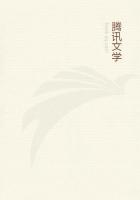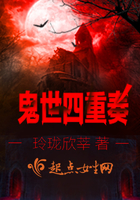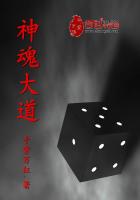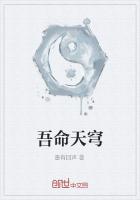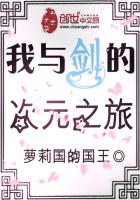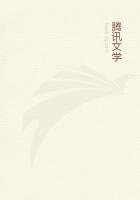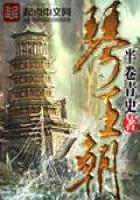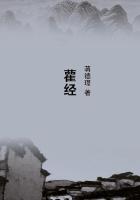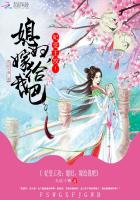Ernest returned to Cambridge for the May term of 1858, on the plea of reading for ordination, with which he was now face to face, and much nearer than he liked. Up to this time, though not religiously inclined, he had never doubted the truth of anything that had been told him about Christianity. He had never seen anyone who doubted, nor read anything that raised a suspicion in his mind as to the historical character of the miracles recorded in the Old and New Testaments.
It must be remembered that the year 1858 was the last of a term during which the peace of the Church of England was singularly unbroken. Between 1844, when "Vestiges of Creation" appeared, and 1859, when "Essays and Reviews" marked the commencement of that storm which raged until many years afterwards, there was not a single book published in England that caused serious commotion within the bosom of the Church. Perhaps Buckle's "History of Civilisation" and Mill's "Liberty" were the most alarming, but they neither of them reached the substratum of the reading public, and Ernest and his friends were ignorant of their very existence. The Evangelical movement, with the exception to which I shall revert presently, had become almost a matter of ancient history.
Tractarianism had subsided into a tenth day's wonder; it was at work, but it was not noisy. The "Vestiges" were forgotten before Ernest went up to Cambridge; the Catholic aggression scare had lost its terrors; Ritualism was still unknown by the general provincial public, and the Gorham and Hampden controversies were defunct some years since; Dissent was not spreading; the Crimean war was the one engrossing subject, to be followed by the Indian Mutiny and the Franco-Austrian war. These great events turned men's minds from speculative subjects, and there was no enemy to the faith which could arouse even a languid interest. At no time probably since the beginning of the century could an ordinary observer have detected less sign of coming disturbance than at that of which I am writing.
I need hardly say that the calm was only on the surface. Older men, who knew more than undergraduates were likely to do, must have seen that the wave of scepticism which had already broken over Germany was setting towards our own shores, nor was it long, indeed, before it reached them. Ernest had hardly been ordained before three works in quick succession arrested the attention even of those who paid least heed to theological controversy. I mean "Essays and Reviews,"
Charles Darwin's "Origin of Species," and Bishop Colenso's "Criticisms on the Pentateuch."
This, however, is a digression; I must revert to the one phase of spiritual activity which had any life in it during the time Ernest was at Cambridge, that is to say, to the remains of the Evangelical awakening of more than a generation earlier, which was connected with the name of Simeon.
There were still a good many Simeonites, or as they were more briefly called "Sims," in Ernest's time. Every college contained some of them, but their headquarters were at Caius, whither they were attracted by Mr Clayton who was at that time senior tutor, and among the sizars of St John's.
Behind the then chapel of this last-named college, there was a "labyrinth" (this was the name it bore) of dingy, tumble-down rooms, tenanted exclusively by the poorest undergraduates, who were dependent upon sizarships and scholarships for the means of taking their degrees. To many, even at St John's, the existence and whereabouts of the labyrinth in which the sizars chiefly lived was unknown; some men in Ernest's time, who had rooms in the first court, had never found their way through the sinuous passage which led to it.
In the labyrinth there dwelt men of all ages, from mere lads to grey-haired old men who had entered late in life. They were rarely seen except in hall or chapel or at lecture, where their manners of feeding, praying and studying, were considered alike objectionable; no one knew whence they came, whither they went, nor what they did, for they never showed at cricket or the boats; they were a gloomy, seedy-looking conferie, who had as little to glory in in clothes and manners as in the flesh itself.

